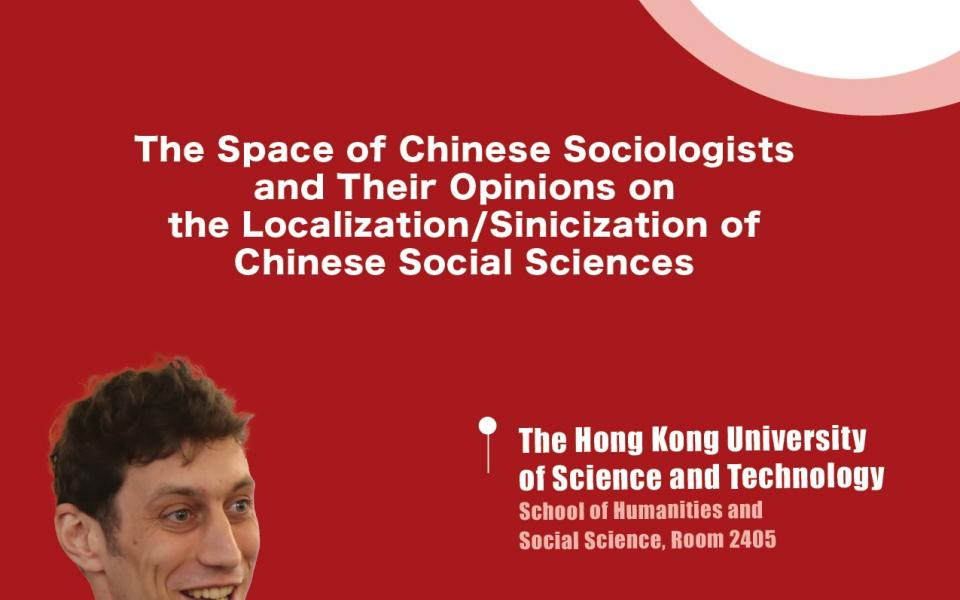Since the mid of the 1920s, Chinese sociologists have been debating the “localization” and the “sinization” of social sciences. In other words, they have been discussing the necessity to create new methodologies and paradigms to capture the specificities of Chinese society. At the end of the 2010s, this debate reappeared and became extremely virulent. While some sociologists argued that the “localization” of social sciences is a “pseudo-debate” or that this debate disappears once it has been made entirely “academic,” other sociologists defended local theories or presented them as a tool to combat Western hegemony.
By analyzing a representative survey (n=167), the present talk investigates how the opinions of Chinese sociologists on this matter depend on their position in the academic space. By adopting a Bourdieusian perspective, we explain why the majority of Chinese sociologists consider the development of indigenous theories to be compatible with the utilization of sociological theories originating in Western countries. We also demonstrate that those who perceive the localization/sinicization as a pseudo-debate possess a larger amount of international academic capital, while those who want to combat Western hegemony through the localization/sinicization of social sciences appear as dominated on both sides (i.e. by both those who possess national academic capital and those who possess international academic capital).
More about HKUST
